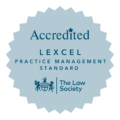 If you are considering buying a probate property, there are a number of points to be aware of. While it can be a good way to find a home to renovate, it is important to understand what this type of transaction entails. Below are our top tips for buying a probate house.
If you are considering buying a probate property, there are a number of points to be aware of. While it can be a good way to find a home to renovate, it is important to understand what this type of transaction entails. Below are our top tips for buying a probate house.
After someone dies, the person responsible for winding up their estate will usually need to obtain a Grant of Probate or Grant of Letters of Administration from the Probate Registry. This is the document that gives legal authority to the estate’s representative to administer the estate, including selling property.
The process of obtaining a grant can be lengthy, as the estate’s executor or administrator needs to value the whole estate first, which often involves asking investment companies for figures and obtaining professional valuations of items. Inheritance Tax then needs to be paid and a receipt obtained from HM Revenue & Customs.
Once this has been done, an application can be sent to the Probate Registry for a Grant of Probate or, if the deceased did not leave a Will, a Grant of Letters of Administration. The Probate Registry will take some time to process the application.
You will often find that a property owned by a deceased’s estate is marketed before the Grant of Probate has been obtained. This is normal practice, and it is hoped that by the time a buyer is ready to exchange contracts, the grant will be available. It is not possible to complete a sale until the grant has been issued however, so if the conveyancing process goes smoothly but there is a hitch with obtaining the grant, you may end up waiting.
You will need to make sure that the legal title to the property is in order and that the person selling the property has the right to do so. If you ask us to represent you, we will check these points as soon as the relevant information is provided to ensure that there are no unwanted surprises.
If probate has not been granted at the time you make an offer for the property, you need to be prepared for possible delays. You should ask the estate agent to find out what stage the probate application is at. If the application has been sent, it may well be received at or before the point you are ready to exchange.
However, if the application has not yet been made, you need to be aware that there could a holdup. This could be compounded if there are any difficulties in making the application or if there is a family dispute and a risk that a potential beneficiary could try and halt the application.
It is not always easy to discover the exact details, but the estate agent should be able to make some enquiries.
It is often the case that a probate property may need some work to update it and this can mean it is available for a reasonable price. Properties requiring renovation are not always widely available, so this could be a chance for you to secure a property that you can put your own stamp on. You may find probate properties for sale by auction, which can be a quick way of buying a home, although you will need to make sure you are completely prepared for a fast completion.
If you are buying in the normal way, you could find that once the property has been cleared, the seller may be prepared to allow you some access between exchange and completion if essential work needs to be carried out. This will be subject to you giving undertakings to restore the property, should completion not take place for any reason.
A probate property will not have any onward chain and the seller is likely to be flexible about completion dates, which can be an advantage.
The most common drawback is the risk of a delay if there is a problem securing probate. A professionally prepared application will usually be dealt with as a matter of course by the Probate Registry, although this will still take some time to be received. If the executors have dealt with issues such as Inheritance Tax and the probate application themselves, there is a slight risk that errors may be made that could hold up the grant.
You will usually receive far less information about a probate property, as the seller will not generally have much personal knowledge of the property. You should make your own enquiries as far as you can and ensure that you have a survey carried out.
By way of example, the seller may not have details about changes that have been made to the property, disputes with neighbours or information about boundaries.
If you are considering making an offer on a probate property, you should try and find out as much as you can from the estate agent before you make your offer. Although the offer will not be binding, once you start paying out money for searches and a survey you could lose out if you later find that there is a difficulty and the sale cannot go ahead at this time.
You are also advised to investigate the property and the area as much as you can, as the seller might have very little knowledge themselves.
If you are tying in a sale, you should bear in mind that your buyer and the rest of the chain may not be prepared to wait indefinitely for a Grant of Probate to be received. Try to find out what stage the application is at and how impatient your buyer might be.
Once you decide to go ahead, make sure you instruct a solicitor straightaway, so that there is no delay on your part. If you ask us to act for you, we will start work at once so that you are in a position to exchange contracts as soon as possible.
If you are thinking of buying a probate property, you may have questions you would like answered. We will be happy to help and talk through the process so that you can make an informed decision.
Please call us for a FREE initial chat on 01482 300 200, email us at welcome@lockings.co.uk or complete a Free Online Enquiry and we will call you back promptly. We have offices in Beverley, Hull and York and deal with probate sales in East Yorkshire and beyond.









If you are a customer of Lockings Solicitors and we have contracted with you online you may be entitled to use the EU Online Dispute Resolution (ODR) Platform to assist in resolving any dispute with us. This service can be found at https://ec.europa.eu/odr.
Our email address is welcome@lockings.co.uk
Lockings Solicitors is a trading name of Lockings Legal Services Limited registered in England and Wales company registration number 09244568. Lockings Legal Services Limited is authorised and regulated by the Solicitors Regulation Authority (Main Office SRA ID number 626081). A list of our directors is available for inspection at all our offices. Use the following link https://www.sra.org.uk/solicitors/standards-regulations/
for online access to the current professional rules applicable to solicitors. All calls are recorded for training and quality purposes.
The content on this website is for information only and is not intended to provide specific legal advice to a particular case. Should you require legal advice in relation to your particular situation then please do not hesitate to contact us.
VAT Number: 282 2447 58
Privacy Policy And Cookies | Accessibility | Terms & Conditions | Complaints Procedure
Copyright © 2023 Locking Solicitors, All Rights Reserved.